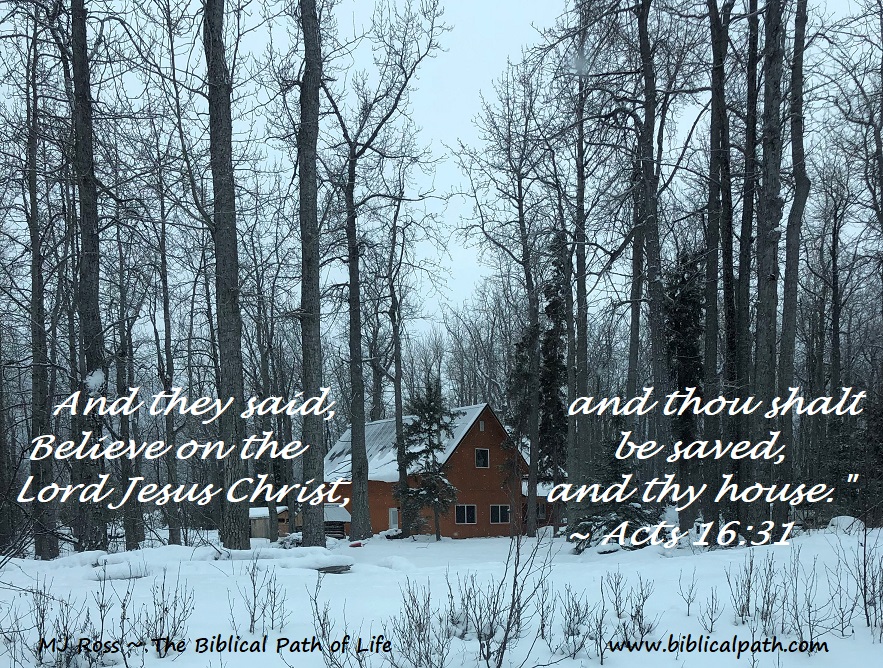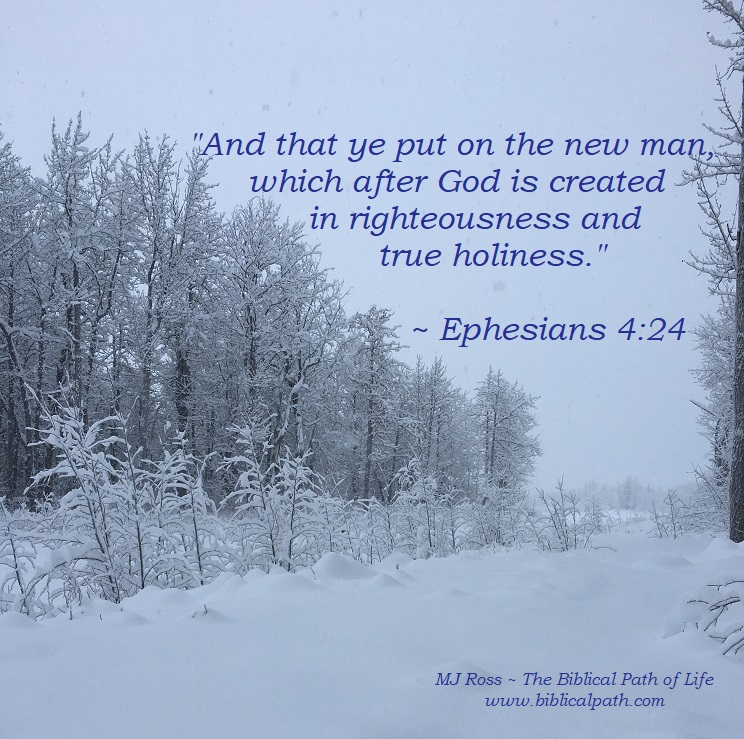
John 1:14
Solomon was an exceedingly wise man. He was a very wealthy man. This was all because when God asked him what he wanted, Solomon asked for wisdom of God to rule His people. God then gave him wisdom and wealth beyond measure. All heard of King Solomon’s great wisdom and wealth. His fame spread throughout the world. The queen from Sheba went to meet King Solomon for herself. She saw all of his great wealth and asked him every question that was in her heart. When she could ask of no more to ask, she recognized something: “Howbeit I believed not the words, until I came, and mine eyes had seen it: and, behold, the half was not told me: thy wisdom and prosperity exceedeth the fame which I heard” (1 Kings 10:7). But more importantly, she recognized God through Solomon’s life: “Blessed be the LORD thy God, which delighted in thee, to set thee on the throne of Israel: because the LORD loved Israel for ever, therefore made he thee king, to do judgment and justice” (1 Kings 10:9).
When Jesus came, He preached to the people great things of God. He healed many. He wrought many miracles. Yet when the people came out to see a sign, instead of recognizing God through the life of Jesus, remember what He told the crowd. “The queen of the south shall rise up in the judgment with the men of this generation, and condemn them: for she came from the utmost parts of the earth to hear the wisdom of Solomon; and, behold, a greater than Solomon is here” (Luke 11:31). Remember that the queen of Sheba (the queen of the south) acknowledged God when she met with King Solomon. Most of the people that went to see Jesus did not acknowledge God. Jesus is far greater than King Solomon; for Jesus is God. Because the people would not recognize Jesus, He declared that judgment would rise up and condemn them. They did not understand something very important: Jesus came so that all would have the opportunity to know God. However, each one must believe.
Men wrote of what they had understood as they walked and talked with Jesus. We can remember Jesus’ Disciples as they recorded for us their eyewitness accounts of Jesus’ life. They recognized the importance of just who Jesus is, that He was God come in the flesh. “And the Word was made flesh, and dwelt among us, (and we beheld his glory, the glory as of the only begotten of the Father,) full of grace and truth” (John 1:14). They understood the importance of recording the life of Jesus as they witnessed the events of His life – firsthand! They not only saw, but also understood and believed in Jesus.
John taught about Jesus was from his own eyewitness account. See why he wanted to share his eyewitness account. “That which was from the beginning, which we have heard, which we have seen with our eyes, which we have looked upon, and our hands have handled, of the Word of life; 2. (For the life was manifested, and we have seen it, and bear witness, and shew unto you that eternal life, which was with the Father, and was manifested unto us;) 3. That which we have seen and heard declare we unto you, that ye also may have fellowship with us: and truly our fellowship is with the Father, and with his Son Jesus Christ” (1 John 1:1-3).
Although many did not understand just who Jesus was when He came, God’s Word helps us recognize those who did. They left a testimony that Jesus was God come in the flesh. More importantly, they explained to us that Jesus came to save people from their sin – if one will only believe. However, only those who believe Jesus is the Christ, that once and for all sacrifice for sins, will be saved. “9. That if thou shalt confess with thy mouth the Lord Jesus, and shalt believe in thine heart that God hath raised him from the dead, thou shalt be saved. 10. For with the heart man believeth unto righteousness; and with the mouth confession is made unto salvation… 13. For whosoever shall call upon the name of the Lord shall be saved” (Romans 10:9–10, 13).
Are you one who has believed the testimony that Jesus is God?








